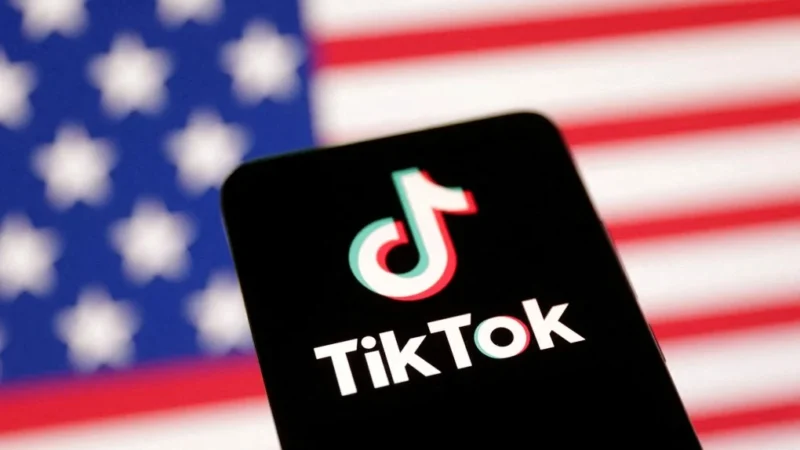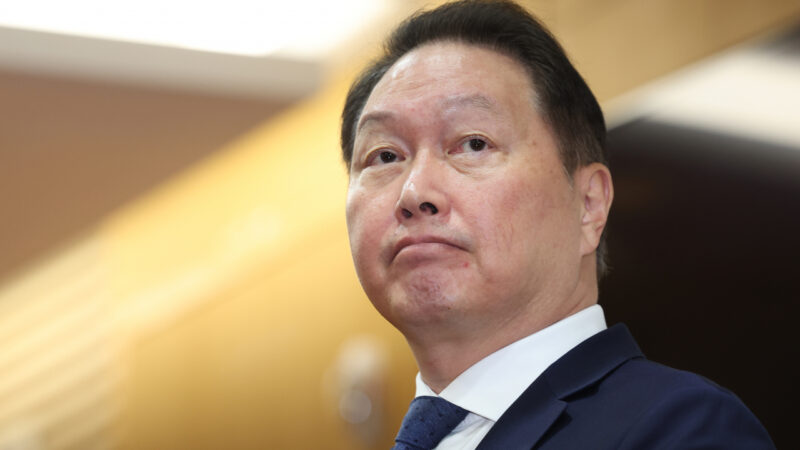Ex-Google CEO worries that AI could be exploited by terrorists

The former CEO of Google, Eric Schmidt, has expressed concerns that artificial intelligence could be used by terrorists or “rogue states” to harm innocent people. Speaking with the BBC, Schmidt emphasized his fear of extreme risks posed by AI, warning that its misuse could lead to devastating consequences.
Schmidt, who led Google from 2001 to 2017, highlighted the potential for countries like North Korea, Iran, or even Russia to exploit AI technology for dangerous purposes, such as developing biological weapons. He called for government oversight of private tech companies working on AI, while cautioning that over-regulation could stifle innovation.
The tech billionaire also voiced support for U.S. export controls on advanced microchips, which are crucial for AI systems. Under former President Joe Biden, the U.S. imposed restrictions on microchip exports to all but 18 countries, a move that could be reversed by Donald Trump.
Schmidt warned that the rapid development of AI could be exploited by malicious actors with harmful intentions, referencing the potential for a biological attack orchestrated by a “truly evil person.” He cited the example of Osama Bin Laden, who masterminded the 9/11 attacks, as a scenario in which AI could be weaponized by a terrorist to cause widespread harm.
Regarding AI’s future development, Schmidt advocated for a balance between government regulation and the freedom of private companies to innovate. While acknowledging the importance of oversight, he argued that AI’s future would largely be shaped by private companies, and governments should monitor their work without stifling progress.
Schmidt also discussed the impact of excessive regulation in Europe, stating that it could hinder the continent’s role in the AI revolution, which he considers one of the most significant technological advances since electricity. He noted that while tech leaders now understand AI’s potential, they may prioritize different values than those held by governments.
In addition to his views on AI, Schmidt spoke about the issue of smartphone use among children. As a former leader of Google when it acquired Android, Schmidt admitted his previous misunderstanding of the implications of smartphones in children’s lives. He now supports initiatives to keep phones out of schools, expressing concern about the negative effects smartphones have on young people. He believes that smartphones can be safe for kids if used with proper moderation, but emphasized the need for protection from the harmful aspects of the online world. Schmidt also supported proposals to ban children under 16 from using social media, questioning the ethics of conducting such an uncontrolled experiment on future generations.
Campaigns to limit children’s smartphone use argue that phones are addictive and detrimental to healthy development. Australia’s government recently passed a law banning social media use for under-16s, with Prime Minister Anthony Albanese citing the need to protect children from online harms. However, a recent study in The Lancet found that while mobile phone bans in schools did not improve behavior or grades, excessive screen time was linked to poorer outcomes in both areas.






